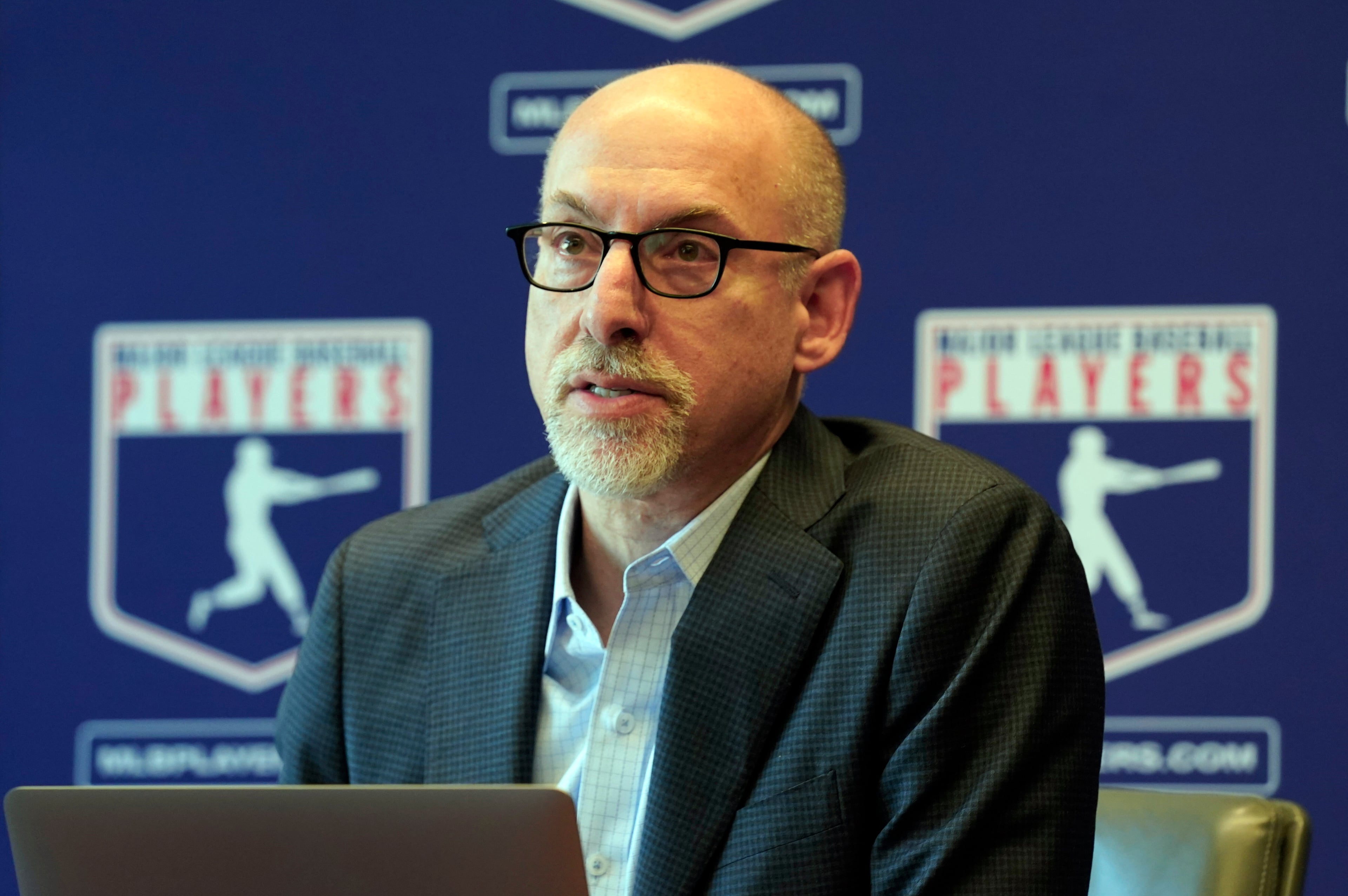Ga. Tech special-teams coach brings fire
On his first snap as a college football player, David Walkosky blocked a punt.
“I remember I was R-3, and I beat the guard,” he said. “I beat him all week in practice, and I did it in the game.”
Georgia Tech’s new special-teams coordinator thinks his Toledo Rockets played Miami (Ohio) in that game, but isn’t positive. However, his lucid recall of his position on the line (the third man from the right) and his assignment may be indicative.
In March, after another year of mediocre play in the kicking game, coach Paul Johnson broke from his career-long philosophy of divvying up special-teams responsibilities among assistants by hiring a special-teams coach. He has found a man consumed by the intricacies of kickoff coverage and punt returns.
“You know you’re a special-teams nerd when you meet for an hour over field goal [protection schemes],” he said.
Walkosky’s stores of knowledge and his high-energy coaching style offer the Yellow Jackets hope that their deficiencies will be resolved.
“Now [Johnson] has that, a person to turn to and say, ‘Hey, I want something done,’ and he expects it done,” said Walkosky, who turned 43 on Saturday and hails from Steubenville, Ohio. “That’s my responsibility.”
Walkosky will be charged with upgrading a kickoff-return unit whose average national ranking in Johnson’s first four seasons at Tech was 91st. Tech’s average rank in net punting was 69th. Last season, kicker Justin Moore set a school record by making all 56 of his point-after tries, but lacked range.
Johnson, who had been adamant that his special-teams coaching strategy was not the problem, said he began to consider a full-time special-teams coach toward the end of the season. He didn’t plan to fire an assistant to make it happen, but the resignation of co-offensive line coach Todd Spencer in January gave him the opportunity.
“Clearly, what I’d done in the past and what seemed to work in the past wasn’t working here as well,” Johnson said. “So, [if] it’s not working, you try to change it up.”
At Toledo, the Rockets blocked 24 kicks in his eight seasons, 1999-2006. Various units earned top-15 national rankings in his tenure.
Other assistants “sort of did what they were supposed to do with special teams,” former Toledo coach Tom Amstutz said. “But Dave went above and beyond and knew the value of it.”
From Toledo, Walkosky went to Washington State, then was the head coach at Division II Tiffin (Ohio) University for three seasons and then coached in the CFL in 2011. Walkosky was recommended to Johnson by Minnesota Vikings special-teams coordinator Mike Priefer, who coached two years with Johnson at Navy and is an opponent-turned-friend of Walkosky.
Johnson has given Walkosky reign over special teams and permission to use whatever players he needs. He has provided the punters, kickers and snappers more coaching and structure, punter Sean Poole said. Inside linebacker Quayshawn Nealy noticed “a lot of fire and passion. That’s what we need because we’ve been slacking off special teams, as you well know.”
Walkosky’s voluble demeanor has rationale. As he sees it, the impact of pep talks often doesn’t last long. But the twist of special teams is that it lasts only one play. (One of his pet phrases is that “there’s no second down in the kicking game.”) Further, that play is usually preceded by an opportunity for a coach to meet briefly with the unit, which he uses to rev up his players.
“That one play and how much impact it has is what I think drives me, and scares the heck out of me, too,” Walkosky said.
Walkosky has the endorsement of New Orleans Saints wide receiver Lance Moore, who returned kicks and punts for Walkosky at Toledo.
“Some might call him crazy, but I think his crazy tactics work,” Moore said.



